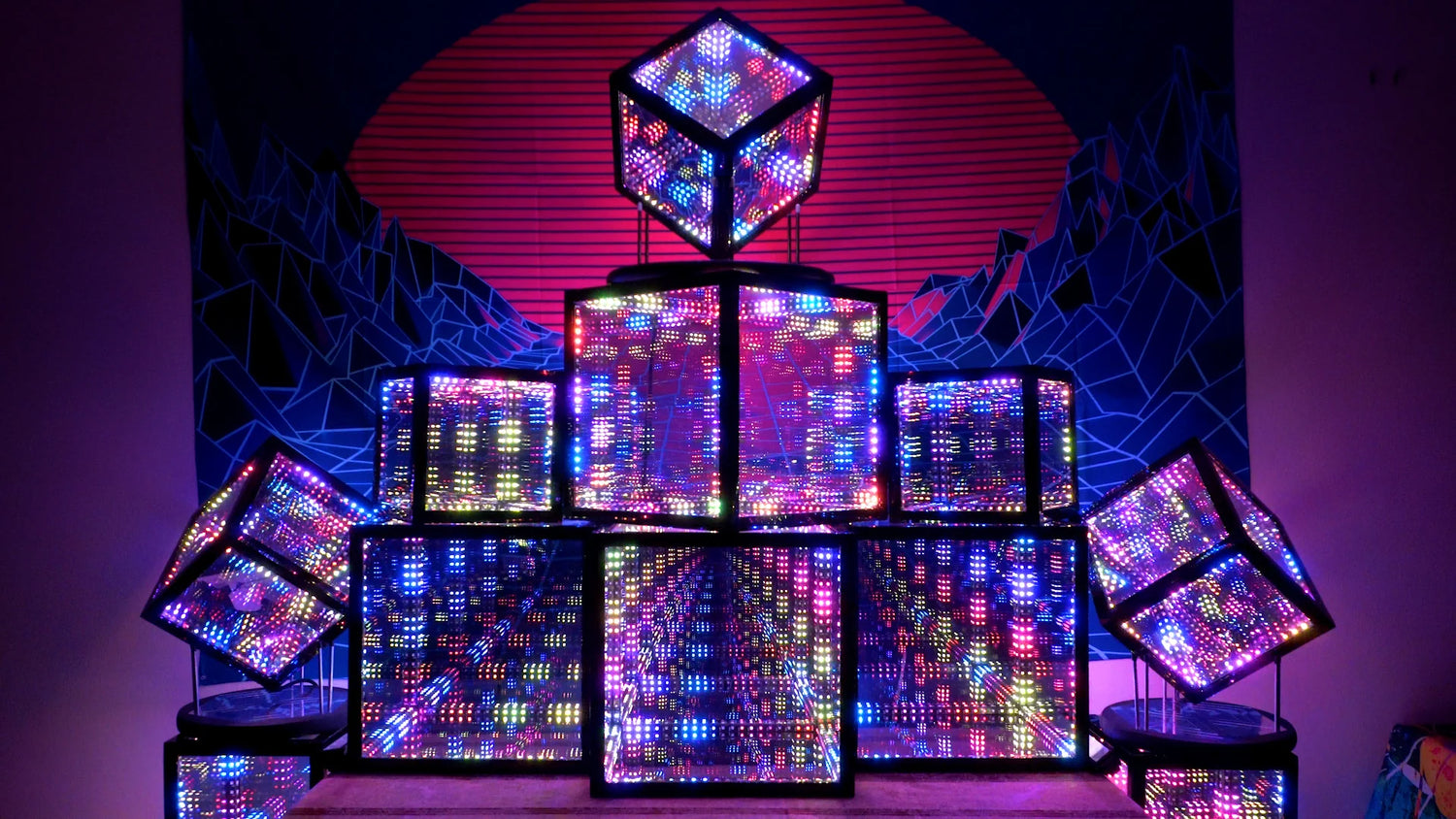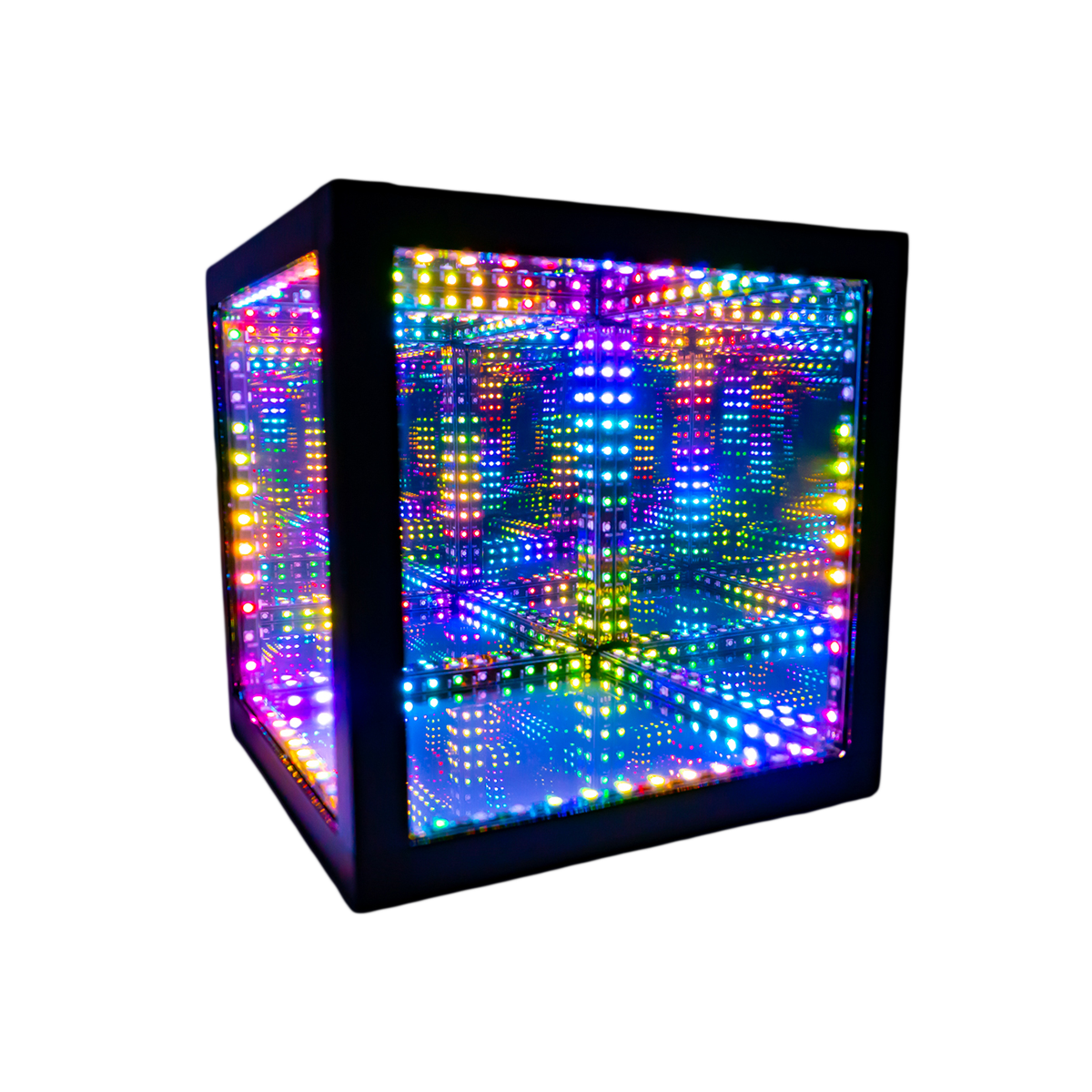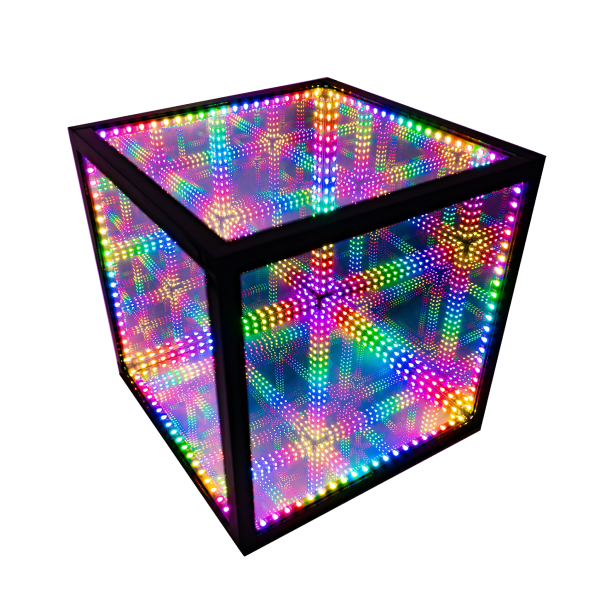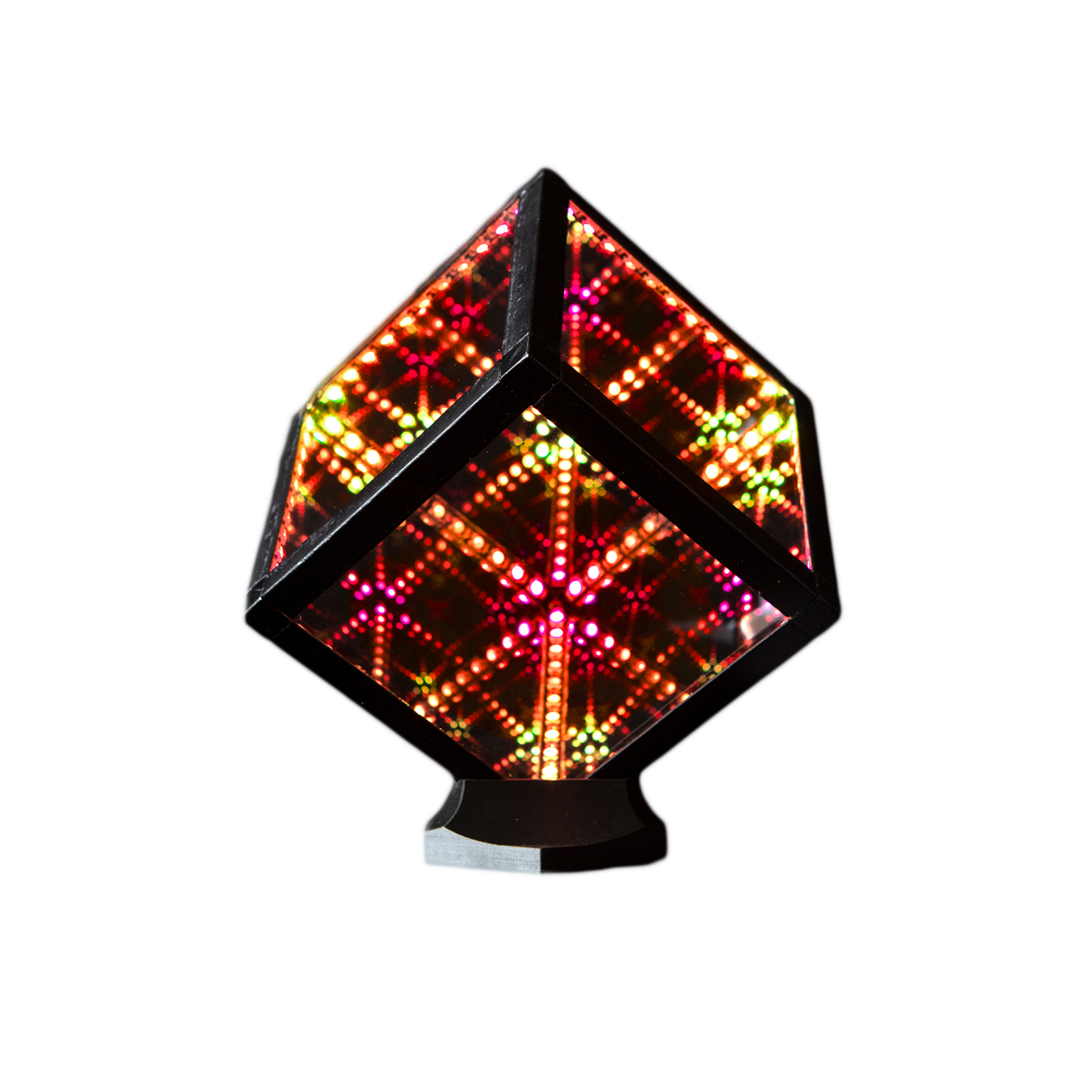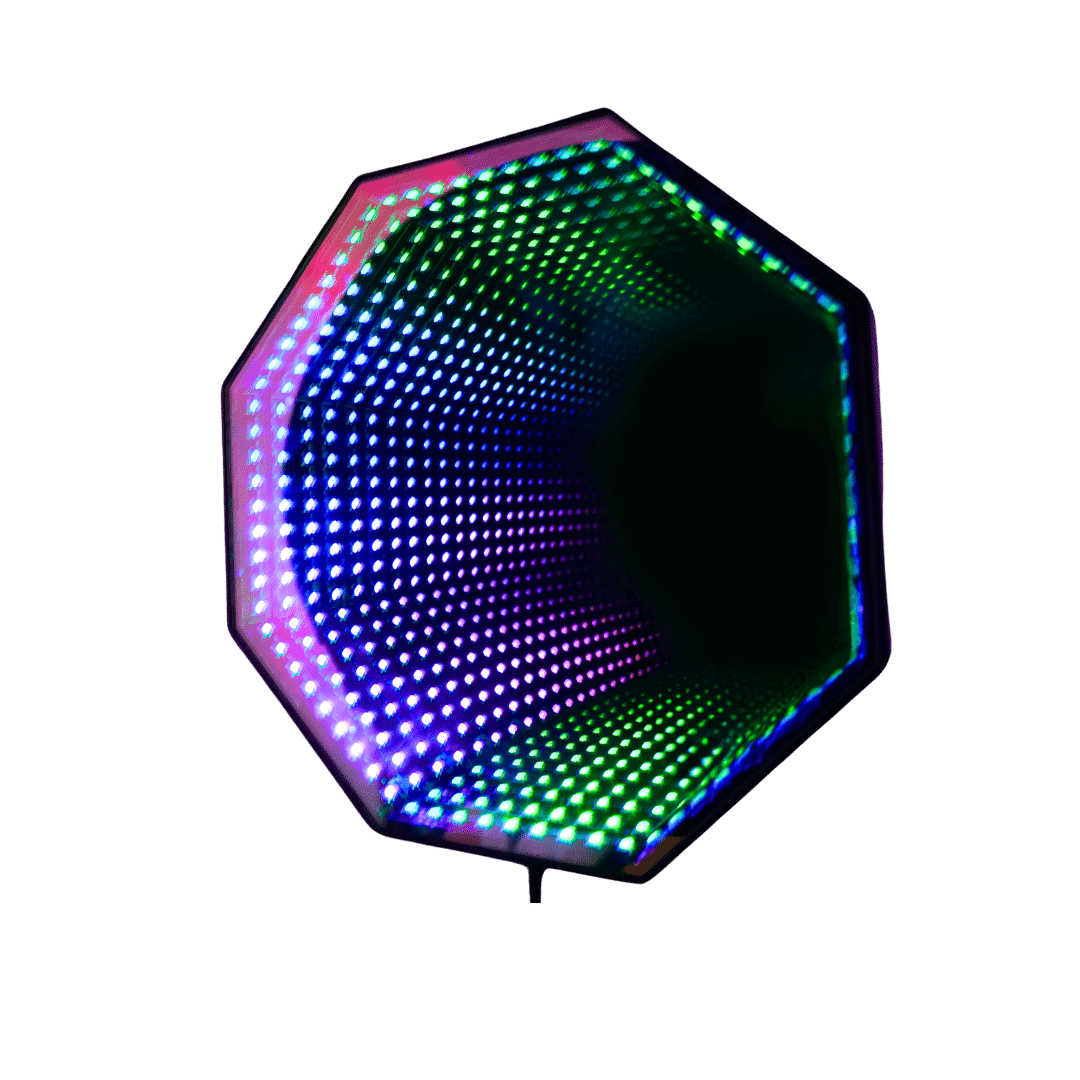
How to Dispose of LED Light Bulbs? LED (Light Emitting Diode) bulbs have revolutionized the lighting industry with their energy efficiency and long lifespan. However, with the rise in their usage, a new question has emerged - how to dispose of LED light bulbs responsibly? Unlike traditional incandescent bulbs, LED bulbs contain electronic circuitry making their disposal a bit more complex.
Disposing of LED light bulbs is not as simple as tossing them in your regular trash bin. These bulbs contain small amounts of heavy metals and other hazardous materials, which can harm the environment if not disposed of properly. In addition, incorrect disposal can lead to unnecessary waste, as many parts of an LED bulb are recyclable. This post aims to provide clear guidance on how to dispose of LED light bulbs in an environmentally friendly manner.
Understanding the Composition of LED Light Bulbs

LED (Light Emitting Diode) light bulbs have revolutionized the lighting industry with their energy efficiency and longevity. The composition of these innovative light sources involves a blend of advanced technology and precise engineering. At the heart of an LED bulb is a semiconductor diode, which emits light when an electrical current passes through it. This diode consists of two layers of silicon, creating a junction where light is produced.
The composition of LED light bulbs also includes a heat sink, which dissipates heat away from the bulb to prevent overheating. This heat sink is usually made from aluminum for its excellent thermal conductivity. The LED chip, encased in a plastic lens, generates light while the driver regulates the electrical current. Understanding the composition of LED light bulbs helps in appreciating their efficiency, longevity, and the technology behind their operation.
The Importance of Proper LED Light Bulb Disposal

In today's eco-conscious world, understanding the importance of proper LED light bulb disposal is crucial. Despite their energy efficiency, LED bulbs contain components that can harm the environment if not disposed of correctly. These components include heavy metals such as lead, nickel, and sometimes even small traces of mercury. Without proper disposal, these hazardous materials can seep into our soil and water systems, posing significant environmental and health risks.
Proper LED light bulb disposal not only mitigates environmental damage but also allows for the recycling of valuable materials. In fact, nearly 95% of an LED bulb's components can be recycled. By recycling, we can reduce the demand for raw materials, thus minimizing the environmental impact of mining and manufacturing processes. Moreover, recycling LED bulbs can save energy. Therefore, understanding and implementing proper LED light bulb disposal is a responsibility we all share for a sustainable future.
Environmental Impact of Incorrect LED Light Bulb Disposal

LED light bulbs are energy efficient and last longer than traditional light bulbs, but incorrect disposal can have a significant environmental impact. Despite the fact that LEDs contain no mercury, they do have other hazardous components such as lead, arsenic, and nickel. When these bulbs are improperly disposed of in landfills, these toxic materials can leach into the soil and contaminate groundwater supplies, posing a serious threat to both the environment and public health.
The environmental impact of incorrect LED light bulb disposal is not limited to soil and water pollution. When crushed in landfills, the tiny shards of LEDs can release toxic dust into the air, contributing to air pollution. Moreover, the production of new bulbs to replace those that are improperly disposed of also contributes to carbon emissions and global warming. Therefore, proper recycling and management of LED light bulbs is crucial to mitigate these environmental effects.
Local Regulations and Guidelines for LED Light Bulb Disposal

When it comes to the disposal of LED light bulbs, local regulations and guidelines play a vital role. These regulations are designed to protect our environment and public health from the harmful substances often found in LED bulbs. For instance, LEDs contain semiconductor material, which can be harmful if not properly disposed of. Therefore, it's crucial to understand and adhere to these local guidelines when disposing of these bulbs.
The process of LED light bulb disposal is often more complex than simply throwing them in your regular trash bin. In many areas, you're required to take them to a special recycling facility or a designated collection point. Some municipalities even have specific days for collecting such waste. It's essential to familiarize yourself with these local regulations and guidelines to ensure safe and responsible disposal. Always remember, proper LED light bulb disposal is not just about complying with the law; it's about protecting our environment for future generations.
Recycling Options for LED Light Bulbs

LED light bulbs, known for their energy efficiency and long lifespan, eventually reach the end of their usefulness. But what do you do with them then? The answer lies in the recycling options for LED light bulbs. These bulbs contain valuable materials that can be reclaimed and reused, reducing the environmental impact of waste. Many specialized recycling centers and programs accept LED bulbs, where they undergo a process to safely extract and repurpose these materials.
Understanding how to properly dispose of LED bulbs is crucial in minimizing waste. It's important to note that LEDs should not be thrown in your regular trash or recycling bin. Instead, look for recycling options such as municipal waste facilities, certain retail stores, or mail-back programs. These options ensure that your used LED bulbs are handled safely and responsibly, contributing to a more sustainable future.
Finding Recycling Facilities for LED Light Bulbs in Your Area

LED light bulbs are an energy-efficient alternative to traditional incandescent bulbs, but they also require special handling when they reach their end of life. As they contain small amounts of toxic heavy metals, it's essential to dispose of them properly. The question then arises: how can you find recycling facilities for LED light bulbs in your area?
Start by checking with your local waste management facility. They may have dedicated programs for LED bulb recycling. If not, online resources such as Earth911's recycling directory can be a useful tool. Simply input your ZIP code and the type of item you wish to recycle (in this case, LED bulbs), and it will provide a list of nearby facilities. Remember, responsible disposal of LED light bulbs not only helps to protect the environment but also aids in the recovery and reuse of valuable resources.
Donating or Selling Used LED Light Bulbs: Is it Safe?

LED light bulbs, unlike their traditional incandescent counterparts, do not contain harmful substances like mercury, making them safe for donation or resale. They are designed to last for a long time, often up to 50,000 hours, which means even if you've used them for a couple of years, they still have lots of life left. When your LED light bulbs no longer match your lighting needs, instead of tossing them in the trash, consider donating or selling them. Not only does this practice promote sustainability, but it also reduces waste and can save someone else money.
However, before donating or selling used LED light bulbs, it's important to ensure they're still in good working condition. Check for any signs of damage, such as cracks or flickering, which could indicate that the bulb is nearing the end of its lifespan. Also, remember to clean the bulbs properly to remove any dust or dirt, as this can affect their performance. Always handle LED light bulbs with care, as rough handling can damage the semiconductor device inside the bulb, potentially reducing its lifespan.
Frequently Asked Questions about LED Light Bulb Disposal

In the world of energy-efficient lighting, LED light bulbs are a popular choice due to their long lifespan and low energy consumption. However, when it comes to their disposal, many people have questions. The most common question is, ""Are LED light bulbs hazardous waste?"" The answer is no. Unlike compact fluorescent lamps (CFLs) or older types of bulbs, LEDs do not contain mercury or other hazardous materials. Therefore, they can be disposed of in your regular household waste.
However, you should note that while LED bulbs are not classified as hazardous, they do contain small amounts of metals and plastic. These materials can be recycled, so it's better for the environment if you take your old LED bulbs to a recycling facility. Some people also ask, ""Can LED lights be incinerated?"" The answer is that while it's technically possible, it's not recommended because it can release harmful gases. Always try to recycle your LED bulbs if possible.
Conclusion: How to Dispose of LED Light Bulbs

So, we've learned that LED light bulbs are not just tossed in the trash like regular garbage. Instead, they should be taken to a recycling facility. This helps to protect our environment and keeps harmful materials out of our landfills. Remember, the best way to dispose of LED light bulbs is to recycle them.
Always take care of our planet by disposing of LED light bulbs the right way. It's a simple step, but it can make a big difference. Next time your LED light bulb burns out, remember to recycle it properly. Let's all do our part to keep our Earth clean and safe.
